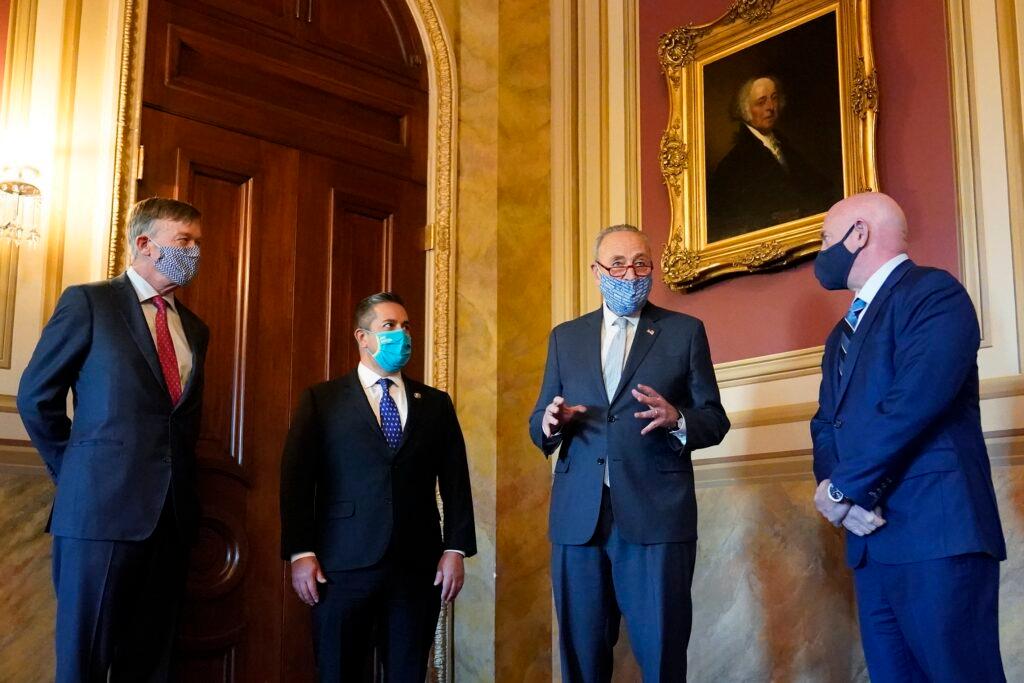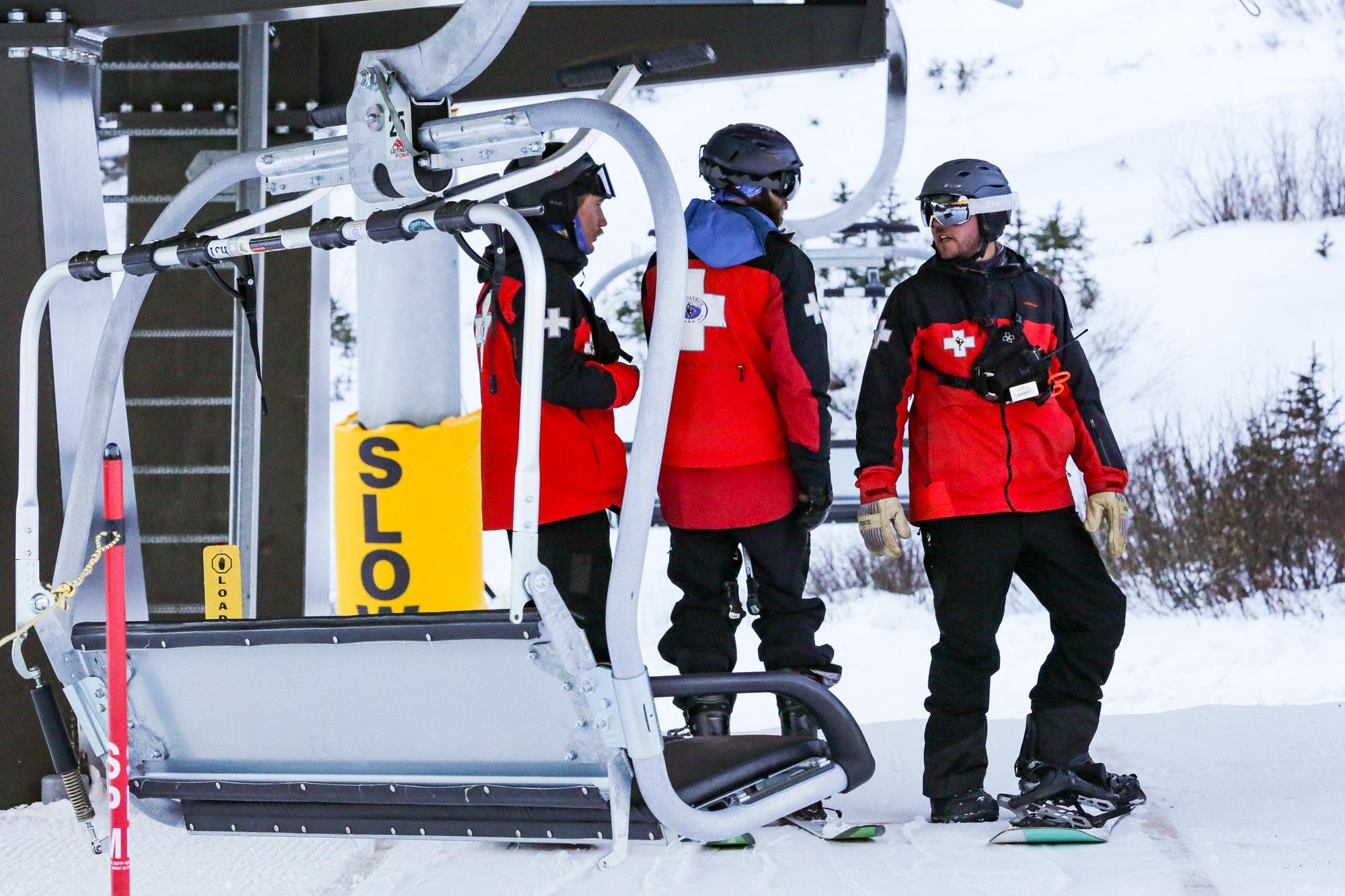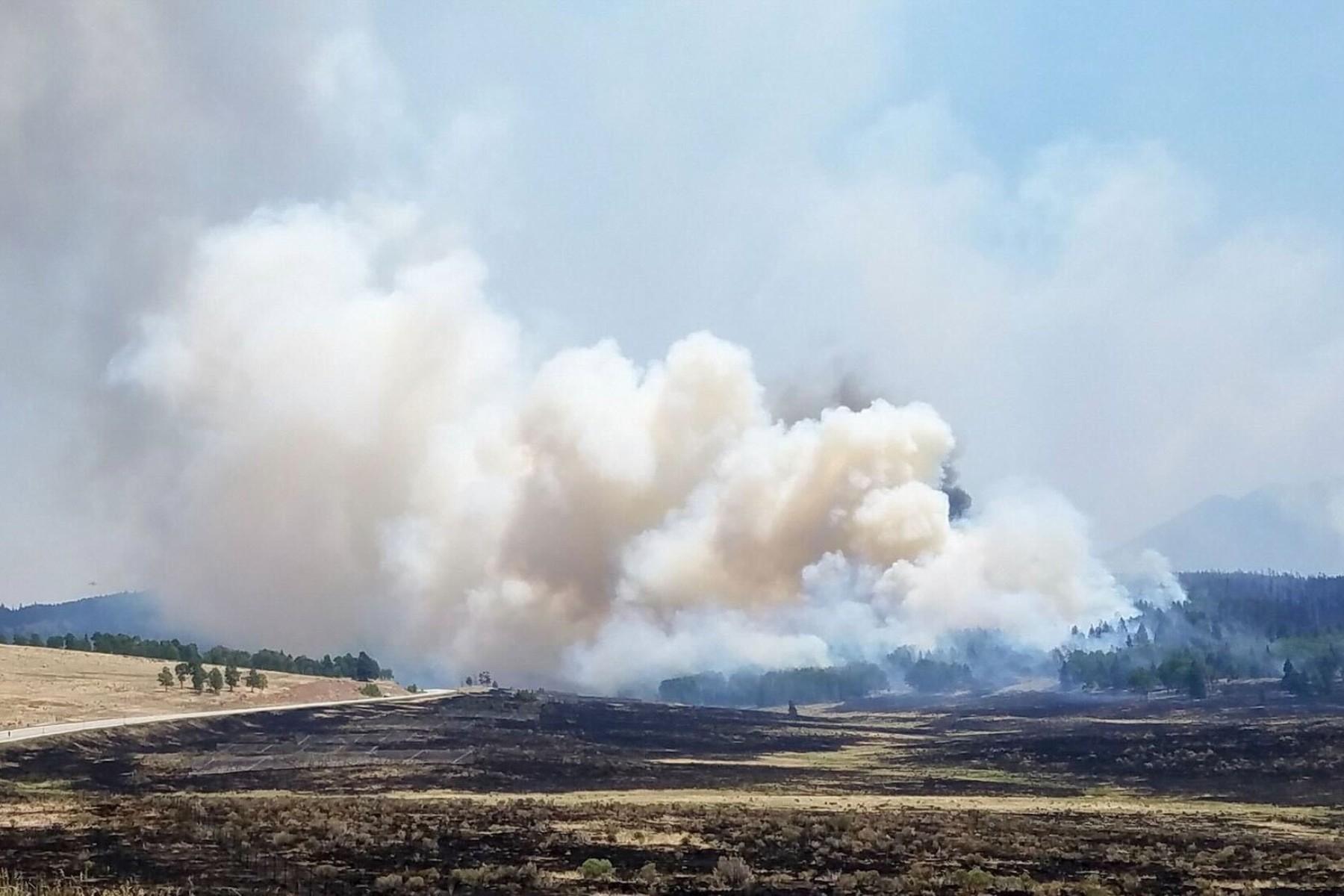
John Hickenlooper isn’t new to politics — or even to Congress, to a degree.
During his eight years as governor, he worked with Colorado’s congressional delegation on numerous issues to get the things the state needed.
“A lot of people don’t appreciate that when you’re talking to the delegation as a governor, you’re beseeching, you’re asking, you’re suggesting that they support this or that,” Hickenlooper explained.
Soon he’ll be on the other side of that asking and suggesting that goes on between the state and the federal government. He’ll be Colorado’s junior senator, one of the nine members of Colorado’s congressional delegation.
“I’m kind of looking forward to it as a way that I can more directly have an impact that benefits Colorado.”
In the months since the election, Hickenlooper has been meeting with experts on COVID-19, as well as zooming with groups of Coloradans to gather ideas, learn their needs and listen to their opinions. He wants those conversations to be the cornerstone of bills he introduces.
“I hope as much as possible that my legislation is directly reflective of what the people of Colorado want and what they believe will be best for them,” he said.
He points to the CORE Act, the massive Colorado public lands bill pushed by his Democratic colleagues, as one example. It passed the House in the current ending session, but not the Senate, in part because Republican Sen. Cory Gardner, who lost to Hickenlooper in November, wasn’t on board with it.
Similar priorities as his time at the state Capitol, but at a very different pace
Some of Hickenlooper’s other priorities are in line with what he did as governor — skills training and youth apprenticeship programs that could serve as a model for the country — as well as issues that are important to a majority of Coloradans, such as tackling climate change or investing in highways or broadband.
“I still have this optimism that...on some of these issues, like infrastructure, we can find bipartisan agreement and roll up our sleeves and get to work,” Hickenlooper said. “And I really am looking forward to being part of that process.”
What he may not like is the speed of that process. The Senate is deemed the world’s greatest deliberative body. It’s meant to go slow. And that’s not necessarily Hickenlooper’s preferred setting.
Before, as a business owner, mayor, and then governor, he was always the guy in charge. Hickenlooper said he’s always had this sense of urgency. Even more so now in the middle of a pandemic that has upended businesses and life for much of the year. But some of his colleagues have warned him, the pace can be different.
“A number of senators have warned me to — especially in the beginning — recognize there are 100 people you’ve got to persuade. You know, you’ve got to at least persuade 60 of them for any significant legislation,” he said.
He’s been learning more about the job from some current sitting senators, Democrats like Chris Coons, Joe Manchin and others, as well as Republicans like Sen. Roy Blunt and outgoing Sen. Lamar Alexander. Hickenlooper will also be able to lean on his senior colleague from Colorado. His relationship with Sen. Michael Bennet goes back almost 20 years, to when Hickenlooper was mayor of Denver and Bennet was his chief of staff.
“Every day that goes by I see a different potential opportunity and really look forward to getting to work with a group of very diverse and talented individuals,” Hickenlooper said.

Learning the ropes as a freshman senator but veteran politician
He points out the new class of senators includes people who haven’t been in politics before, such as a former football coach — Republican Tommy Tuberville of Alabama — and a former astronaut — Democrat Mark Kelly of Arizona.
Hickenlooper said he’s enjoyed getting to know the other six senators-elect — two Democrats and four Republicans — during the Senate orientation held right after the election.
It was very short, but they covered the basics, the blocking and tackling of being a senator: hiring and staffing, office budgets, getting lots of background on legislation and procedures, and learning the rules of the senate right down to “when you can speak and when you can’t.”
A lot of Senate work happens in committees, which could be a challenge for Hickenlooper, who admits he's not a fan of long meetings. Assignments won’t be made until the new Congress is sworn in, but Hickenlooper has expressed interest in a seat on the powerful Appropriations Committee. But he said he would be happy to end up on Energy and Natural Resources, a significant committee assignment for the state, Commerce, which fits his small business background, or Armed Services, another important committee for Colorado.
Hickenlooper has tempered his expectations; as a freshman senator he’s not necessarily going to get his first choices. He said he’s flexible and ready for any assignment. Given his background, he has thoughts on most of the significant issues the country faces.
“I’ve got opinions about how to be cost-effective and efficient in dealing with those things. So whatever committee I’m on I think I can engage and participate in an active way right from the beginning,” Hickenlooper said.
He’ll find out soon enough. Hickenlooper will be sworn in on Jan. 3, in a rare Sunday session of Congress, with his wife and son by his side. Given the challenges facing the country, the 117th Congress is expected to hit the ground not just running, but sprinting.









